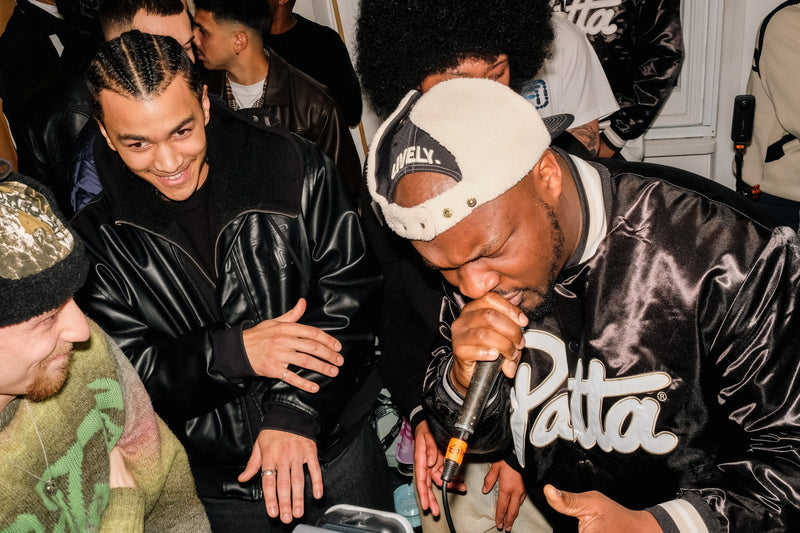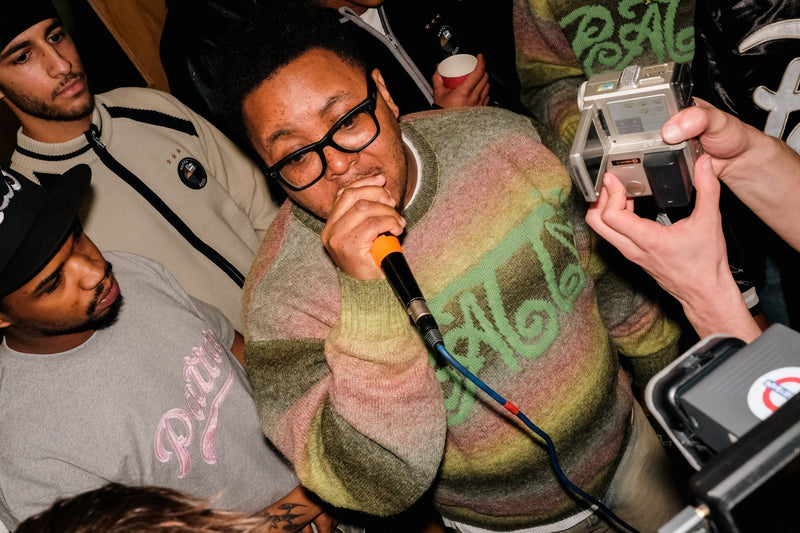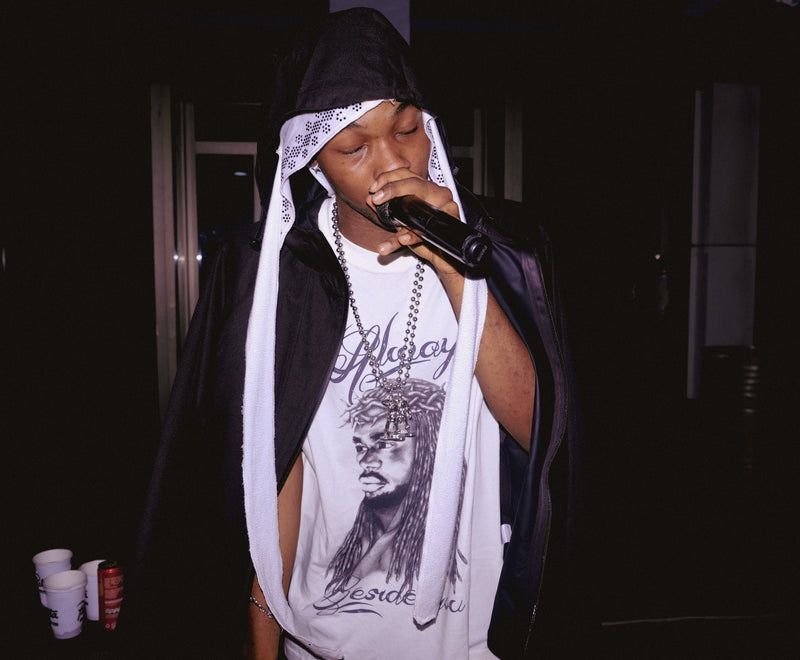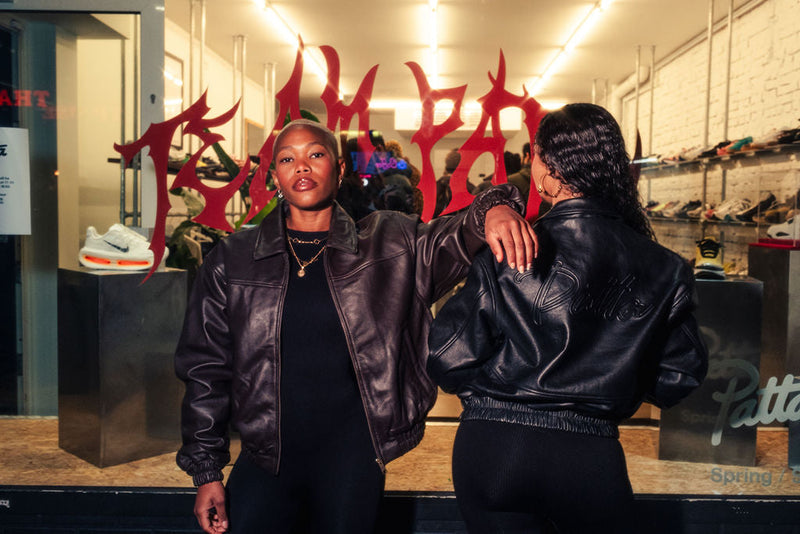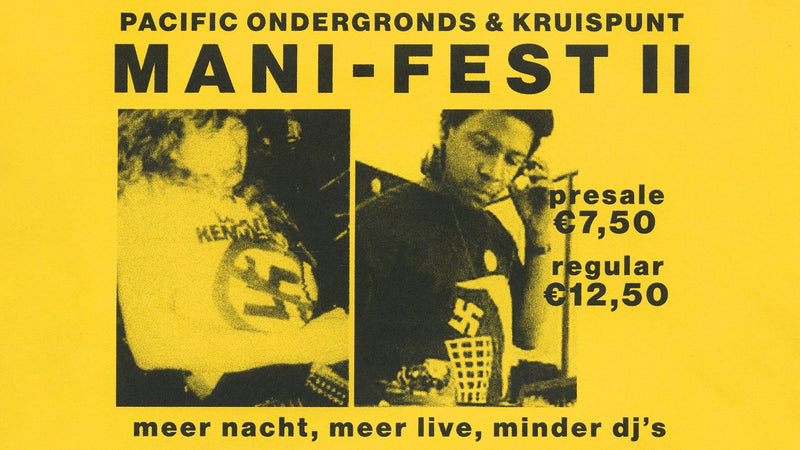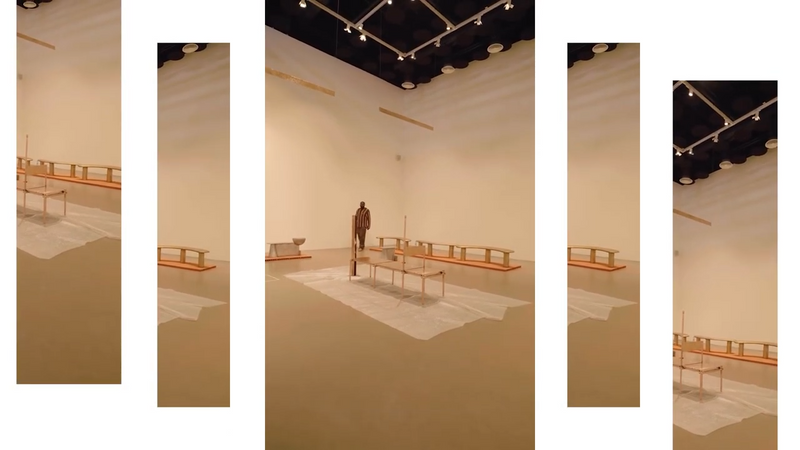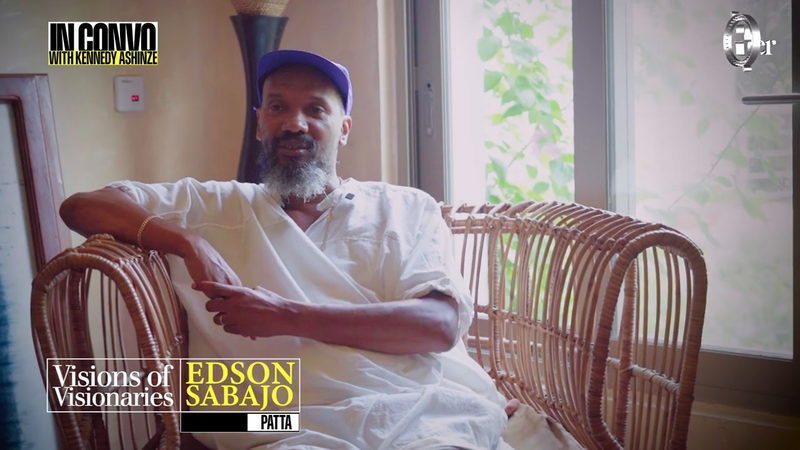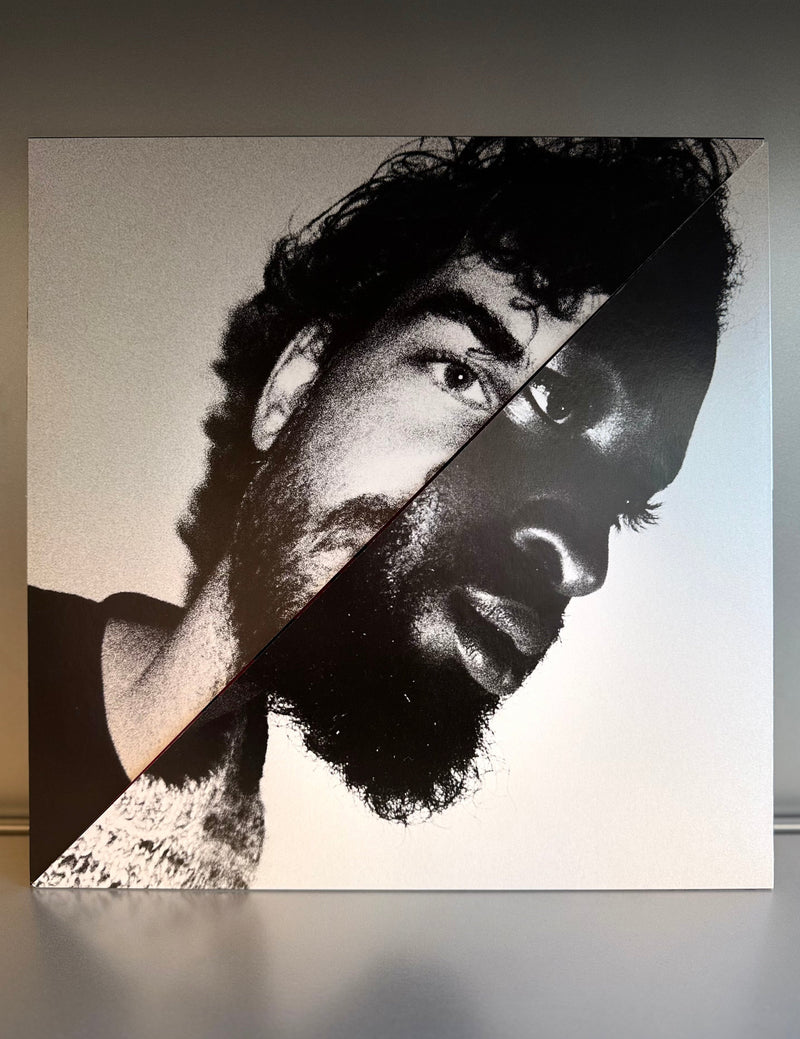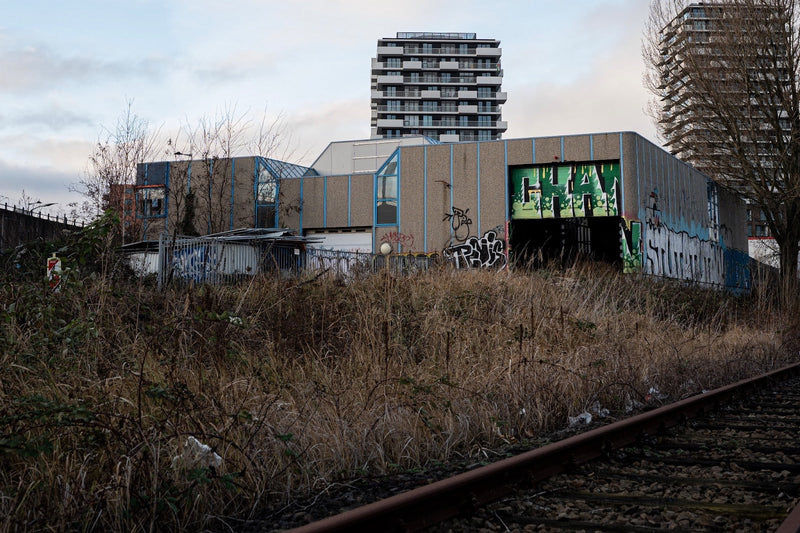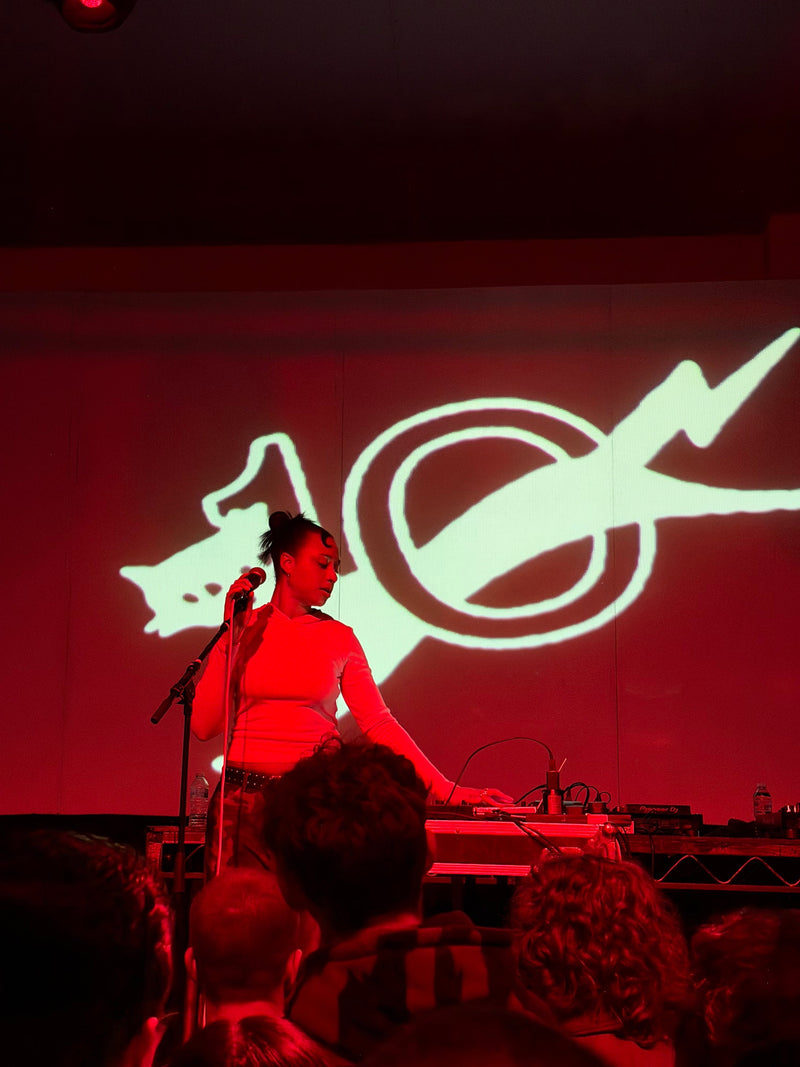/* * ------------------------------------------------------------ * IMPORTANT: The contents of this file are auto-generated. * * This file may be updated by the Shopify admin theme editor * or related systems. Please exercise caution as any changes * made to this file may be overwritten. * ------------------------------------------------------------ */{ "sections": { "media_banner_TrDaiz": { "type": "media-banner", "blocks": { "external_video_HVgnYN": { "type": "external_video", "settings": { "video_url": "", "video_url_desktop": "", "show_video_controls": false } } }, "block_order": [ "external_video_HVgnYN" ], "name": "Media Banner", "settings": { "visibility": "all", "link": "", "section_height": "full-screen", "custom_height": 600, "custom_height_mobile": 400, "horizontal_padding": "lg:px-0", "vertical_padding": "lg:py-0", "logo_width": 150, "logo_position": "flex-col items-center justify-center", "promo_card_subtitle": "Get Familiar", "promo_card_title": "T.NO - No Vai", "promo_card_link": "shopify://collections/all", "show_promo_card": false } }, "content_mJrLDF": { "type": "content", "blocks": { "richtext_MnniTP": { "type": "richtext", "settings": { "content": "<p></p><p> </p><p> </p><p>Patta London lit up for the SS26 Cypher — a night powered by community, culture and serious talent. Novelist, Manga, Pozzy, Sonnyjim, Deema, Finn Foxell, Saiming, namesbliss, Tay Jordan, Perry Slim, Jxme5c, Armando Spence, 23 AZ, Lorry and Mozee controlled the mic while Rico Mars and Cam 300 set the pace behind the decks. Special thanks to Mirchi and Drip for keeping the drinks flowing.</p>", "use_page_content": false } } }, "block_order": [ "richtext_MnniTP" ], "name": "Content", "settings": {} }, "shop_the_look_mgyciU": { "type": "shop-the-look", "blocks": { "look_ckMM8V": { "type": "look", "settings": { "image": "shopify://shop_images/patta_samdaviiess_30_1_26-40.jpg", "products": [ "patta-leather-bomber-jacket-black" ], "image_display": "clear", "display_type": "button", "hotspot_count": "1", "hotspot_1_x": 50, "hotspot_1_y": 50, "hotspot_2_x": 30, "hotspot_2_y": 30, "hotspot_3_x": 70, "hotspot_3_y": 70, "hotspot_4_x": 20, "hotspot_4_y": 60, "hotspot_5_x": 80, "hotspot_5_y": 40 } }, "look_dPT9Dy": { "type": "look", "settings": { "image": "shopify://shop_images/patta_samdaviiess_30_1_26-48.jpg", "products": [ "patta-leather-bomber-jacket-black" ], "image_display": "clear", "display_type": "button", "hotspot_count": "1", "hotspot_1_x": 50, "hotspot_1_y": 50, "hotspot_2_x": 30, "hotspot_2_y": 30, "hotspot_3_x": 70, "hotspot_3_y": 70, "hotspot_4_x": 20, "hotspot_4_y": 60, "hotspot_5_x": 80, "hotspot_5_y": 40 } }, "look_zyCKFe": { "type": "look", "settings": { "image": "shopify://shop_images/patta_samdaviiess_30_1_26-26_9a1787fe-7100-4505-86ab-d5bdf18e6666.jpg", "products": [ "patta-curlies-jumper-multi" ], "image_display": "clear", "display_type": "button", "hotspot_count": "1", "hotspot_1_x": 50, "hotspot_1_y": 50, "hotspot_2_x": 30, "hotspot_2_y": 30, "hotspot_3_x": 70, "hotspot_3_y": 70, "hotspot_4_x": 20, "hotspot_4_y": 60, "hotspot_5_x": 80, "hotspot_5_y": 40 } }, "look_RpypxW": { "type": "look", "settings": { "image": "shopify://shop_images/patta_samdaviiess_30_1_26-10.jpg", "products": [ "patta-leather-bomber-jacket-black" ], "image_display": "clear", "display_type": "button", "hotspot_count": "1", "hotspot_1_x": 50, "hotspot_1_y": 50, "hotspot_2_x": 30, "hotspot_2_y": 30, "hotspot_3_x": 70, "hotspot_3_y": 70, "hotspot_4_x": 20, "hotspot_4_y": 60, "hotspot_5_x": 80, "hotspot_5_y": 40 } }, "look_deJPTr": { "type": "look", "settings": { "image": "shopify://shop_images/patta_samdaviiess_30_1_26-16.jpg", "products": [ "patta-track-top-cardigan-moonless-night" ], "image_display": "clear", "display_type": "button", "hotspot_count": "1", "hotspot_1_x": 50, "hotspot_1_y": 50, "hotspot_2_x": 30, "hotspot_2_y": 30, "hotspot_3_x": 70, "hotspot_3_y": 70, "hotspot_4_x": 20, "hotspot_4_y": 60, "hotspot_5_x": 80, "hotspot_5_y": 40 } }, "look_jVC4XH": { "type": "look", "settings": { "image": "shopify://shop_images/patta_samdaviiess_30_1_26-22.jpg", "products": [ "patta-script-logo-satin-varsity-jacket-black", "patta-curlies-jumper-multi" ], "image_display": "clear", "display_type": "button", "hotspot_count": "1", "hotspot_1_x": 50, "hotspot_1_y": 50, "hotspot_2_x": 30, "hotspot_2_y": 30, "hotspot_3_x": 70, "hotspot_3_y": 70, "hotspot_4_x": 20, "hotspot_4_y": 60, "hotspot_5_x": 80, "hotspot_5_y": 40 } }, "look_96BUhm": { "type": "look", "settings": { "image": "shopify://shop_images/patta_samdaviiess_30_1_26-44.jpg", "products": [ "patta-arc-logo-crewneck-sweater-light-melange-grey", "patta-track-top-cardigan-moonless-night" ], "image_display": "clear", "display_type": "button", "hotspot_count": "1", "hotspot_1_x": 50, "hotspot_1_y": 50, "hotspot_2_x": 30, "hotspot_2_y": 30, "hotspot_3_x": 70, "hotspot_3_y": 70, "hotspot_4_x": 20, "hotspot_4_y": 60, "hotspot_5_x": 80, "hotspot_5_y": 40 } }, "look_qBcGz4": { "type": "look", "settings": { "image": "shopify://shop_images/patta_samdaviiess_30_1_26-18.jpg", "products": [ "patta-athletic-p-houndstooth-varsity-jacket-starfish" ], "image_display": "clear", "display_type": "button", "hotspot_count": "1", "hotspot_1_x": 50, "hotspot_1_y": 50, "hotspot_2_x": 30, "hotspot_2_y": 30, "hotspot_3_x": 70, "hotspot_3_y": 70, "hotspot_4_x": 20, "hotspot_4_y": 60, "hotspot_5_x": 80, "hotspot_5_y": 40 } }, "look_npEzYe": { "type": "look", "settings": { "image": "shopify://shop_images/patta_samdaviiess_30_1_26-33.jpg", "products": [ "patta-track-top-cardigan-moonless-night" ], "image_display": "clear", "display_type": "button", "hotspot_count": "1", "hotspot_1_x": 50, "hotspot_1_y": 50, "hotspot_2_x": 30, "hotspot_2_y": 30, "hotspot_3_x": 70, "hotspot_3_y": 70, "hotspot_4_x": 20, "hotspot_4_y": 60, "hotspot_5_x": 80, "hotspot_5_y": 40 } }, "look_YpMpL9": { "type": "look", "settings": { "image": "shopify://shop_images/patta_samdaviiess_30_1_26-20.jpg", "products": [ "patta-athletic-p-houndstooth-varsity-jacket-starfish" ], "image_display": "clear", "display_type": "button", "hotspot_count": "1", "hotspot_1_x": 50, "hotspot_1_y": 50, "hotspot_2_x": 30, "hotspot_2_y": 30, "hotspot_3_x": 70, "hotspot_3_y": 70, "hotspot_4_x": 20, "hotspot_4_y": 60, "hotspot_5_x": 80, "hotspot_5_y": 40 } }, "look_P4CqRh": { "type": "look", "settings": { "image": "shopify://shop_images/patta_samdaviiess_30_1_26-17.jpg", "products": [ "patta-script-logo-satin-varsity-jacket-black" ], "image_display": "clear", "display_type": "button", "hotspot_count": "1", "hotspot_1_x": 50, "hotspot_1_y": 50, "hotspot_2_x": 30, "hotspot_2_y": 30, "hotspot_3_x": 70, "hotspot_3_y": 70, "hotspot_4_x": 20, "hotspot_4_y": 60, "hotspot_5_x": 80, "hotspot_5_y": 40 } }, "look_nb74FE": { "type": "look", "settings": { "image": "shopify://shop_images/patta_samdaviiess_30_1_26-39.jpg", "products": [ "patta-leather-bomber-jacket-black" ], "image_display": "clear", "display_type": "button", "hotspot_count": "1", "hotspot_1_x": 50, "hotspot_1_y": 50, "hotspot_2_x": 30, "hotspot_2_y": 30, "hotspot_3_x": 70, "hotspot_3_y": 70, "hotspot_4_x": 20, "hotspot_4_y": 60, "hotspot_5_x": 80, "hotspot_5_y": 40 } }, "look_rzNnMq": { "type": "look", "settings": { "image": "shopify://shop_images/patta_samdaviiess_30_1_26-25.jpg", "products": [ "patta-curlies-jumper-multi" ], "image_display": "clear", "display_type": "button", "hotspot_count": "1", "hotspot_1_x": 50, "hotspot_1_y": 50, "hotspot_2_x": 30, "hotspot_2_y": 30, "hotspot_3_x": 70, "hotspot_3_y": 70, "hotspot_4_x": 20, "hotspot_4_y": 60, "hotspot_5_x": 80, "hotspot_5_y": 40 } }, "look_EQDAf3": { "type": "look", "settings": { "image": "shopify://shop_images/patta_samdaviiess_30_1_26-37.jpg", "products": [ "patta-curlies-jumper-multi" ], "image_display": "clear", "display_type": "button", "hotspot_count": "1", "hotspot_1_x": 50, "hotspot_1_y": 50, "hotspot_2_x": 30, "hotspot_2_y": 30, "hotspot_3_x": 70, "hotspot_3_y": 70, "hotspot_4_x": 20, "hotspot_4_y": 60, "hotspot_5_x": 80, "hotspot_5_y": 40 } }, "look_g3z7ew": { "type": "look", "settings": { "image": "shopify://shop_images/patta_samdaviiess_30_1_26-01.jpg", "products": [], "image_display": "clear", "display_type": "button", "hotspot_count": "1", "hotspot_1_x": 50, "hotspot_1_y": 50, "hotspot_2_x": 30, "hotspot_2_y": 30, "hotspot_3_x": 70, "hotspot_3_y": 70, "hotspot_4_x": 20, "hotspot_4_y": 60, "hotspot_5_x": 80, "hotspot_5_y": 40 } }, "look_4magE3": { "type": "look", "settings": { "image": "shopify://shop_images/patta_samdaviiess_30_1_26-21.jpg", "products": [ "patta-script-logo-satin-varsity-jacket-black" ], "image_display": "clear", "display_type": "button", "hotspot_count": "1", "hotspot_1_x": 50, "hotspot_1_y": 50, "hotspot_2_x": 30, "hotspot_2_y": 30, "hotspot_3_x": 70, "hotspot_3_y": 70, "hotspot_4_x": 20, "hotspot_4_y": 60, "hotspot_5_x": 80, "hotspot_5_y": 40 } }, "look_xmXami": { "type": "look", "settings": { "image": "shopify://shop_images/patta_samdaviiess_30_1_26-45.jpg", "products": [ "patta-track-top-cardigan-moonless-night" ], "image_display": "clear", "display_type": "button", "hotspot_count": "1", "hotspot_1_x": 50, "hotspot_1_y": 50, "hotspot_2_x": 30, "hotspot_2_y": 30, "hotspot_3_x": 70, "hotspot_3_y": 70, "hotspot_4_x": 20, "hotspot_4_y": 60, "hotspot_5_x": 80, "hotspot_5_y": 40 } }, "look_V6EW3k": { "type": "look", "settings": { "image": "shopify://shop_images/patta_samdaviiess_30_1_26-34.jpg", "products": [ "patta-stadium-track-top-black" ], "image_display": "clear", "display_type": "button", "hotspot_count": "1", "hotspot_1_x": 50, "hotspot_1_y": 50, "hotspot_2_x": 30, "hotspot_2_y": 30, "hotspot_3_x": 70, "hotspot_3_y": 70, "hotspot_4_x": 20, "hotspot_4_y": 60, "hotspot_5_x": 80, "hotspot_5_y": 40 } }, "look_wERpFy": { "type": "look", "settings": { "image": "shopify://shop_images/patta_samdaviiess_30_1_26-02.jpg", "products": [], "image_display": "clear", "display_type": "button", "hotspot_count": "1", "hotspot_1_x": 50, "hotspot_1_y": 50, "hotspot_2_x": 30, "hotspot_2_y": 30, "hotspot_3_x": 70, "hotspot_3_y": 70, "hotspot_4_x": 20, "hotspot_4_y": 60, "hotspot_5_x": 80, "hotspot_5_y": 40 } }, "look_xxUFz3": { "type": "look", "settings": { "image": "shopify://shop_images/patta_samdaviiess_30_1_26-03.jpg", "products": [], "image_display": "clear", "display_type": "button", "hotspot_count": "1", "hotspot_1_x": 50, "hotspot_1_y": 50, "hotspot_2_x": 30, "hotspot_2_y": 30, "hotspot_3_x": 70, "hotspot_3_y": 70, "hotspot_4_x": 20, "hotspot_4_y": 60, "hotspot_5_x": 80, "hotspot_5_y": 40 } }, "look_QajbXd": { "type": "look", "settings": { "image": "shopify://shop_images/patta_samdaviiess_30_1_26-07.jpg", "products": [], "image_display": "clear", "display_type": "button", "hotspot_count": "1", "hotspot_1_x": 50, "hotspot_1_y": 50, "hotspot_2_x": 30, "hotspot_2_y": 30, "hotspot_3_x": 70, "hotspot_3_y": 70, "hotspot_4_x": 20, "hotspot_4_y": 60, "hotspot_5_x": 80, "hotspot_5_y": 40 } }, "look_taiWj3": { "type": "look", "settings": { "image": "shopify://shop_images/patta_samdaviiess_30_1_26-24.jpg", "products": [], "image_display": "clear", "display_type": "button", "hotspot_count": "1", "hotspot_1_x": 50, "hotspot_1_y": 50, "hotspot_2_x": 30, "hotspot_2_y": 30, "hotspot_3_x": 70, "hotspot_3_y": 70, "hotspot_4_x": 20, "hotspot_4_y": 60, "hotspot_5_x": 80, "hotspot_5_y": 40 } }, "look_DPAhmn": { "type": "look", "settings": { "image": "shopify://shop_images/patta_samdaviiess_30_1_26-06.jpg", "products": [], "image_display": "clear", "display_type": "button", "hotspot_count": "1", "hotspot_1_x": 50, "hotspot_1_y": 50, "hotspot_2_x": 30, "hotspot_2_y": 30, "hotspot_3_x": 70, "hotspot_3_y": 70, "hotspot_4_x": 20, "hotspot_4_y": 60, "hotspot_5_x": 80, "hotspot_5_y": 40 } }, "look_C4JxtB": { "type": "look", "settings": { "image": "shopify://shop_images/patta_samdaviiess_30_1_26-46.jpg", "products": [ "patta-track-top-cardigan-moonless-night", "patta-stadium-track-top-black" ], "image_display": "clear", "display_type": "button", "hotspot_count": "1", "hotspot_1_x": 50, "hotspot_1_y": 50, "hotspot_2_x": 30, "hotspot_2_y": 30, "hotspot_3_x": 70, "hotspot_3_y": 70, "hotspot_4_x": 20, "hotspot_4_y": 60, "hotspot_5_x": 80, "hotspot_5_y": 40 } } }, "block_order": [ "look_ckMM8V", "look_dPT9Dy", "look_zyCKFe", "look_RpypxW", "look_deJPTr", "look_jVC4XH", "look_96BUhm", "look_qBcGz4", "look_npEzYe", "look_YpMpL9", "look_P4CqRh", "look_nb74FE", "look_rzNnMq", "look_EQDAf3", "look_g3z7ew", "look_4magE3", "look_xmXami", "look_V6EW3k", "look_wERpFy", "look_xxUFz3", "look_QajbXd", "look_taiWj3", "look_DPAhmn", "look_C4JxtB" ], "name": "Shop the Look", "settings": { "desktop_columns": 2 } }, "shop_the_look_EyfPn8": { "type": "shop-the-look", "name": "Shop the Look", "settings": { "desktop_columns": 2 } }, "content_6BiLk7": { "type": "content", "name": "Content", "settings": {} }, "blog_slider_j7R9GF": { "type": "blog-slider", "settings": { "title": "Most recent", "blog": "", "card_display": "vertical", "button_label": "View All", "button_link": "shopify://blogs/news" } } }, "order": [ "media_banner_TrDaiz", "content_mJrLDF", "shop_the_look_mgyciU", "shop_the_look_EyfPn8", "content_6BiLk7", "blog_slider_j7R9GF" ]}




